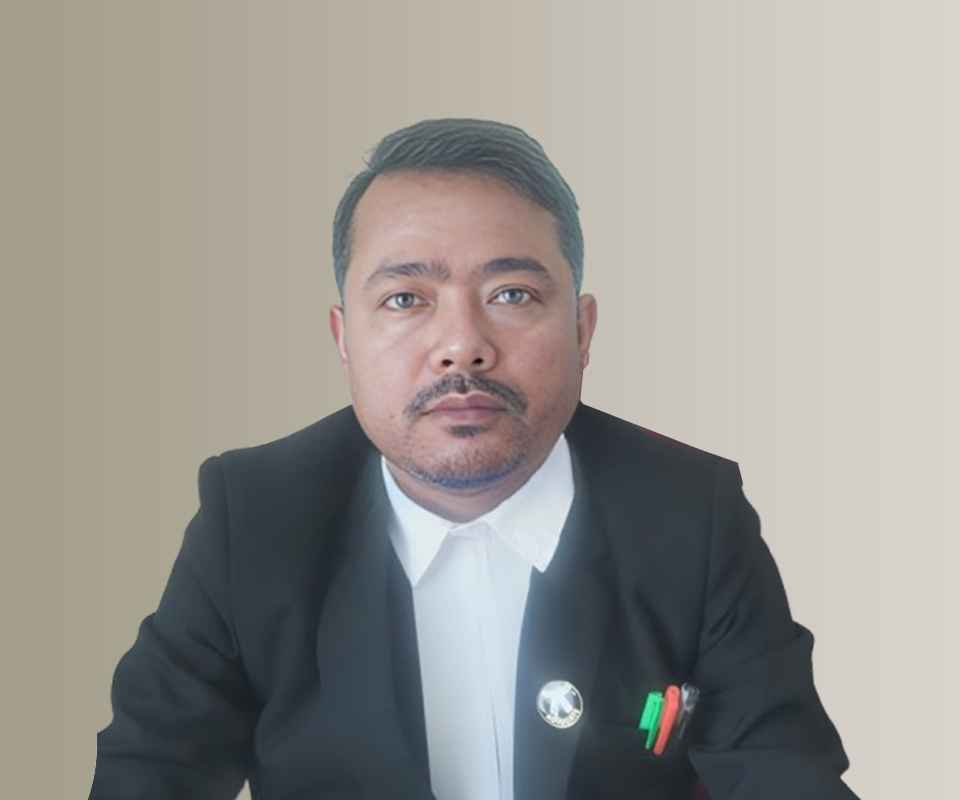Answer By law4u team
Children with allergies require special care and attention to avoid potential life-threatening reactions. Whether it’s food allergies, environmental allergens, or medical conditions requiring specific medications, managing a child’s allergies is a crucial part of parenting. When parents are separated or divorced, the responsibility to inform the non-custodial parent, caregivers, or schools about the child’s allergies becomes an important issue. The custodial parent is generally expected to ensure that all relevant parties are informed and that the child’s medical needs are met in both homes and during school or daycare activities.
Legal Responsibility of Custodial Parents Regarding Allergies
Parental Duty to Inform
Custodial parents are legally responsible for ensuring that the child’s health and safety are maintained. This includes informing the non-custodial parent about significant health issues, such as allergies. Many court orders or custody agreements may require that both parents have access to critical medical information, which includes allergies that could cause severe reactions like anaphylaxis. Failure to provide this information could be viewed as negligence, especially if it leads to harm to the child.
Co-Parenting and Communication
Open communication between co-parents is essential for the child’s well-being, particularly when it comes to allergies. Both parents must be aware of the child’s medical history, including allergies, so they can make informed decisions. If the custodial parent fails to share this information, it may affect the non-custodial parent’s ability to take appropriate action in an emergency or manage the child’s health when the child is in their care.
School and Caregiver Communication
Custodial parents must also inform the child’s school, daycare, or other caregivers about the child’s allergies. This is essential to ensure that staff members can recognize symptoms of an allergic reaction and take prompt action. Some schools and daycare centers may have protocols for handling allergies, such as keeping an epinephrine auto-injector (EpiPen) on hand for children at risk of anaphylaxis. The custodial parent should ensure that these institutions are aware of the child’s condition and that they have all necessary medications and emergency procedures in place.
Non-Custodial Parent’s Role
While the custodial parent typically has primary responsibility for health-related decisions, the non-custodial parent also has a right to be informed about the child’s health and allergies. Courts generally recognize the importance of both parents being equally involved in significant health matters. Therefore, if the child has a life-threatening allergy or requires special accommodations, it’s important that the non-custodial parent is also informed to ensure the child’s safety when they are with that parent.
Custody Agreements and Medical Disclosure
Many custody agreements explicitly outline the responsibilities of both parents when it comes to the disclosure of medical information, including allergies. These agreements may require that the custodial parent share details about the child’s allergies with the other parent and health care providers. In some cases, the court may order a specific process for how medical information should be communicated to ensure both parents are fully informed.
Health Care Provider Communication
A child’s pediatrician or healthcare provider should also be kept informed about the child’s allergies. If there are changes in the child’s condition, or if new allergies develop, it is important that the custodial parent informs the health care provider and ensures the non-custodial parent is also updated. This ensures that the child receives consistent medical care, regardless of which parent is taking them to appointments.
Impact of Informing or Not Informing About Allergies
Health and Safety Risks
If a custodial parent fails to inform the non-custodial parent or other caregivers about the child’s allergies, the child may be exposed to dangerous situations. For instance, if the non-custodial parent is unaware of a food allergy and unknowingly serves the child an allergenic food, it could lead to a severe allergic reaction. Clear communication about allergies is essential to prevent such risks and ensure timely medical intervention if necessary.
Legal Consequences
In some cases, failure to inform the non-custodial parent or other relevant parties about allergies can result in legal consequences. For example, if a child suffers an allergic reaction while in the non-custodial parent’s care, the custodial parent’s failure to share the allergy information could be considered neglect or even result in a modification of custody arrangements. Courts take a child’s health and safety seriously, and neglecting to share essential medical information may be seen as a breach of parental responsibility.
Co-Parenting Conflict
In situations where one parent feels that the other is withholding important health information, it can lead to trust issues and conflict in co-parenting arrangements. This could further strain communication and collaboration between parents, making it more difficult to make decisions in the best interests of the child.
Child’s Emotional and Physical Well-being
Properly managing a child’s allergies in both homes and during activities requires a consistent approach. If one parent is unaware of the child’s allergy or how to handle it, the child may experience anxiety or distress, particularly if they are in an environment where they feel their health is not being properly managed. A lack of consistency in managing allergies can also cause the child to feel insecure or unsafe, impacting their overall well-being.
Steps Custodial Parents Should Take
Disclose Allergies in a Timely Manner
The custodial parent should disclose all allergies to the non-custodial parent and other relevant parties (school, daycare, caregivers) as soon as they are aware of the allergy. This includes detailing what the allergy is, what triggers it, and the symptoms of a reaction.
Provide Emergency Action Plans
If the child has a severe allergy, the custodial parent should ensure that emergency action plans are in place, including what to do in case of an allergic reaction. This plan should be shared with both parents, caregivers, and schools. The plan should include details about medications (such as an EpiPen), emergency contacts, and procedures for calling emergency services if needed.
Update Regularly
Parents should update each other regularly on any changes to the child’s health condition, especially if the child develops new allergies or if an existing allergy worsens. This ensures that all parties are on the same page regarding how to handle any future allergic reactions.
Co-Parenting and Communication Tools
To ensure effective communication about health issues, parents may use co-parenting tools or apps that allow both parties to access important health information. This ensures that both parents can stay informed about the child’s medical needs, regardless of which parent is physically caring for the child at any given time.
Ensure Proper Documentation
The custodial parent should keep detailed records of the child’s allergies and share this documentation with the non-custodial parent. This includes medical records, any prescriptions, and any documentation from doctors or allergists. Keeping these records up to date helps to avoid miscommunication and ensures that the child receives the proper care.
Example:
Situation
A 5-year-old child with a severe peanut allergy spends alternating weeks with each parent. The custodial parent has been informed by the child’s pediatrician about the allergy but has not shared this information with the non-custodial parent.
Steps the custodial parent should take:
- The custodial parent immediately informs the non-custodial parent about the child’s peanut allergy, including the symptoms of an allergic reaction and the emergency treatment plan (EpiPen).
- They update the school and daycare about the allergy and ensure that the child’s medical information is on file.
- The custodial parent shares a copy of the child’s allergy action plan with the non-custodial parent, detailing the foods to avoid, emergency procedures, and contacts for the child’s healthcare provider.
- Both parents agree to check food labels and discuss any potential exposure to peanuts during the child’s visits.
- The custodial parent ensures that the child’s medications, including the EpiPen, are available at both homes.
By following these steps, the custodial parent ensures that the child’s health and safety are prioritized in both homes, and both parents are involved in managing the child’s medical needs.







